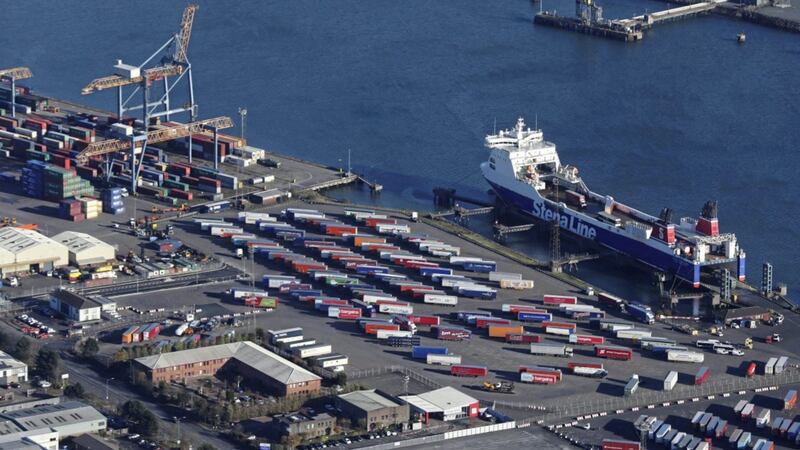WHILE many will be breathing a sigh of relief that the impasse at Stormont has finally broken and a Brexit bill has been passed by the UK Parliament, the uncertainty is by no means over for business.
The Brexit bill gives businesses some respite – but it doesn’t deliver certainty, and in fact has created uncertainty, in terms of NI/GB trade.
Northern Ireland enjoys the same access to the internal UK market as the other regions and it is vital that this remains.
As it stands, during the transition period beginning 1 February 2020, businesses in Northern Ireland can continue to operate as usual when it comes to trade with the EU and the rest of the UK.
In the meantime, the UK Government and EU 27 have less than 12 months to agree a free-trade agreement that clarifies the breadth and depth of the UK’s future relationship with the EU and delivers on the guarantee of our ‘unfettered’ access to the domestic market.
Considering that most recent EU agreements have taken, on average, over five years to negotiate, having less than one year set aside by this Bill provides a very narrow window for securing a strong trade deal between the EU and the UK, which will be vital to protecting our economy and jobs.
Trading conditions are challenging, particularly for manufacturing. Results from NI Chamber and BDO’s most recent Quarterly Economic Survey paint a sobering picture, showing that almost 3 in 5 members believe the NI economy will contract in 2020.
They were, however, more positive about their own prospects, with three-in-five predicting that their own business will grow.
This is a glimmer of optimism, which reflects the growing aspirations we are witnessing from many existing and potential exporters.
We were therefore encouraged by the references to trade and export in the ‘New Decade, New Approach’ deal.
As a trade and export focused organisation, we welcome the focus on investing in business growth for the future.
While negotiations about future trade continue, companies are also getting to grips with new International Commercial Terms (Incoterms), which came into effect at the start of January this year.
Incoterms are a set of rules which define the responsibilities of buyers and sellers under sales contacts. Given that these are the cornerstone of trading internationally, it is vital that exporters are familiar with the revisions. In preparation for the introduction of the 2020 rules, NI Chamber’s international division has already provided technical training to over 100 export businesses in this area.
We are also helping hundreds of people to learn more about customs declarations procedures, to help them better understand the customs requirements and the possible implications of a post Brexit environment.
In all scenarios, a smooth transition to our future relationship with the EU is essential.
After years of relentless uncertainty, plummeting investment and for some members damage to their customer and supplier base, it would be intolerable for businesses to face multiple and sudden changes to their trading conditions over the months and years ahead. We cannot face another situation where politics gets in the way of progress.








